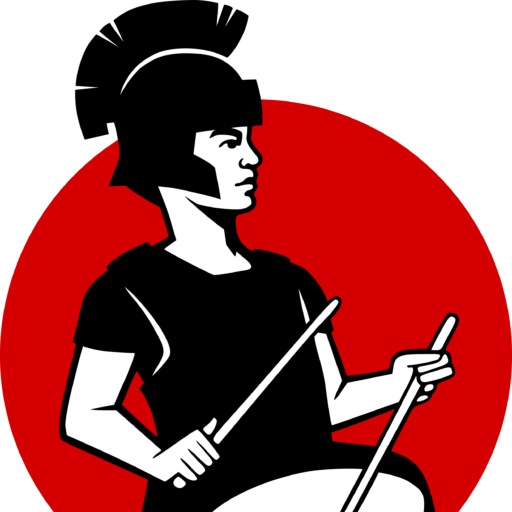
Hello fellow gamers!
The Ancient Mediterranean Seas! An epoch full of myths. Endless coasts to be discovered and conquered. But the ancient empires were also Empires of trade and commerce in search of rare goods and grain to feed their people at home. Here it is: The game series that covers this fascinating era. Move your armies and ships over a vast map and lead your empire to the Golden Age.
Connect with us on Facebook, Instagram, Twitter or subscribe to our newsletter here at soundofdrums.org to be informed about the start of the crowdfunding campaign.
Here is the story of the engine of the game series: The Action Cycle. I know it looks like a rondel but it isn’t. The cycle is just the best graphical way to show the 8 different actions and to have enough space to place the wooden cubes of the players.

When I received the prototype, the game had the same actions you find in the game today. But it worked completely different. During his turn a player could choose 3 of the possible actions. This was kind of “I go – U go” and in the 5-player game, the 5th player in the turn order had to wait until the other 4-players completed a total of 12 actions. The 5th player had no possibility to interact, being last in the turn order was a huge disadvantage and there was a lot of down time.
The change during development was significant: A player executes only one action at his turn and the following player can’t choose the same action. In addition to that the number of times an action could be chosen is limited.
The game works in either micro impulses or in simultaneous activities like collecting income. As players choose and execute only one action, downtime for all players is minimalized. In addition to that, all players should always be focused on what is happening on the action cycle because the action just chosen is blocked for the following player, as the number of how many times each action can be chosen is limited per action cycle. So, every action chosen has an effect on all players.

This can lead to many very interesting tactical situations. You are never absolutely sure what you can do during a turn, what will suit best to your plans as the turns evolve. In the first games players will most often choose the “obvious” actions. These are “Move” and “Trade”.
But the game is about efficiency and planning. And the “king of the hill” aspect of the game requires carefully thought out and very good timing to win the game.
Players will learn that actions like “Develop” need to be chosen at the right time to use them in the most effective and efficient way.
The same goes for offering “Armistice”. It is smart to choose this action as early as possible in an action cycle. Either the player offered armistice accepts, whereby you have 3 complete turns of a peaceful relationship during those 3 turns. If the player refuses, it might be worth to offer “Armistice” a second time in the same action cycle. If this happens, the refusing players loses 4 levels on his stability chart. Note that a player loses 6 levels if he refuses an armistice offer twice to Rome. So, this action can be very powerful.
The “classic” actions like “Build” aren’t a surprising novelty. We didn’t reinvent the wheel here. With this action player can build new ships and combat units but also monuments which are worth 1 Victory Point.
“Attack” requires to resolve combat in a contested hex. Players will note, that war is a costly affair. We had many games during the play test session where players rarely attack one another. And there are no dice nor cards in the game system’s combat mechanics. We will publish in one of the coming blogs our reasons why there is no luck factor in this system.
Take care and thanks for your interest in our games! See you in the next blog post,
your Uwe Walentin.

The “History of the Ancient Seas” Kickstarter campaign was successfully funded!


